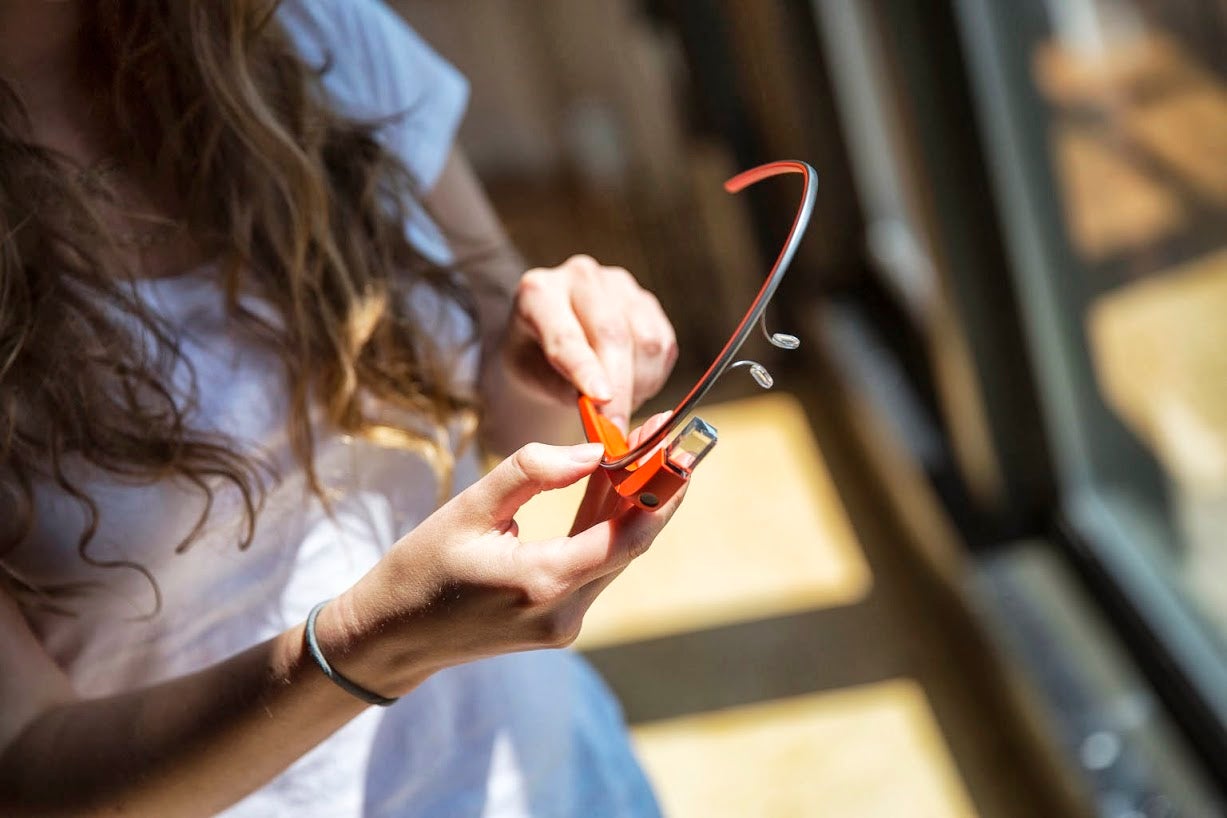UK government clarifies position on data collection using Google Glass and wearable tech
The ICO has made it clear that organizations will have to comply with the Data Protection Act but individuals will just have to use common sense

Your support helps us to tell the story
From reproductive rights to climate change to Big Tech, The Independent is on the ground when the story is developing. Whether it's investigating the financials of Elon Musk's pro-Trump PAC or producing our latest documentary, 'The A Word', which shines a light on the American women fighting for reproductive rights, we know how important it is to parse out the facts from the messaging.
At such a critical moment in US history, we need reporters on the ground. Your donation allows us to keep sending journalists to speak to both sides of the story.
The Independent is trusted by Americans across the entire political spectrum. And unlike many other quality news outlets, we choose not to lock Americans out of our reporting and analysis with paywalls. We believe quality journalism should be available to everyone, paid for by those who can afford it.
Your support makes all the difference.The Information Commissioner’s Office has clarified its position on data collection using wearable technology following the launch of Google Glass in the UK.
The ICO has said that gadgets like Glass will be treated the same as smartphones and digital cameras so that information collected “for domestic purposes” (just for the individual) is exempt from the Act while anything recorded for organisations will have to comply with certain rules.
These include informing individuals about how their details are being collected and only collecting information that is deemed “relevant, adequate and not excessive”.
Writing in a blog post for the ICO, Senior Technology Officer Andrew Paterson said: “There is an important debate to be had around the privacy implications of wearable technology and it will ultimately be for society to decide how comfortable they are with wearables.”
This clarification from the ICO essentially exempts them responsibility in cases where an individual’s collection of data might be deemed ‘excessive’.
A spokesperson for the organization told The Independent that in individual cases it would be up to the police to decide whether or not the recording constituted harassment – usually defined as behaviour that causes another distress or alarm occurring during at least two occasions.
Property owners will be able to ban the use of Glass (as has happened in several bars in San Francisco) in response to customers’ concerns about cover filming, and several UK companies have already clarified their position on Glass.
The Vue cinema chain has said it would ask guests to remove the eyewear, while Starbucks and Costa Coffee said they would ask wearers not to use Glass “inappropriately”.
Others have said that they will be waiting to evaluate the situation, while Google itself has said “the fact that Glass is worn above the eyes and the screen lights up whenever it’s activated clearly signals it’s in use and makes it a fairly lousy surveillance device.”
Clearly it seems that the reasonable use of Glass will depend on users' common sense and politeness, although with the gadget costing £1000 any issues are unlikely to be widespread.
Join our commenting forum
Join thought-provoking conversations, follow other Independent readers and see their replies
Comments